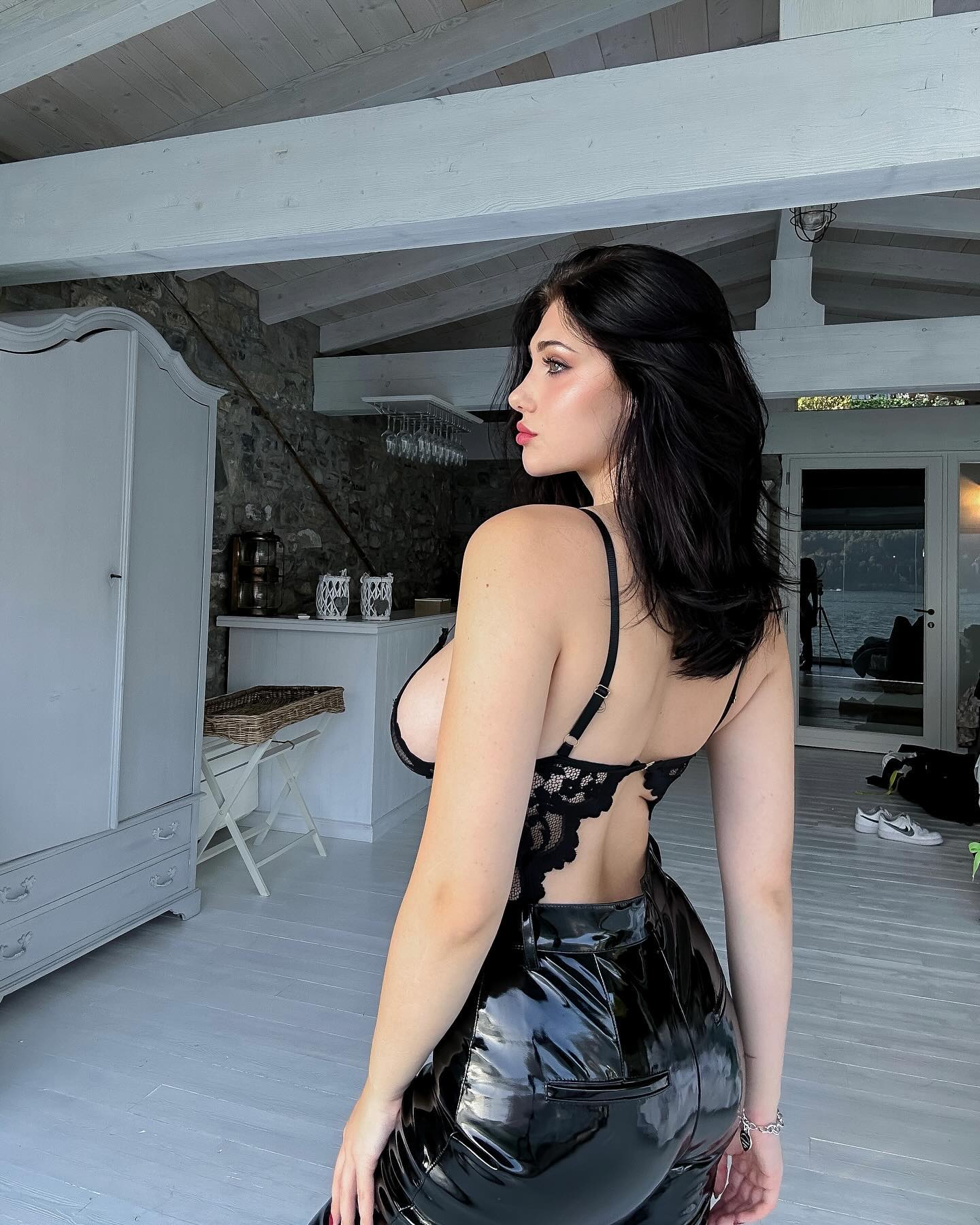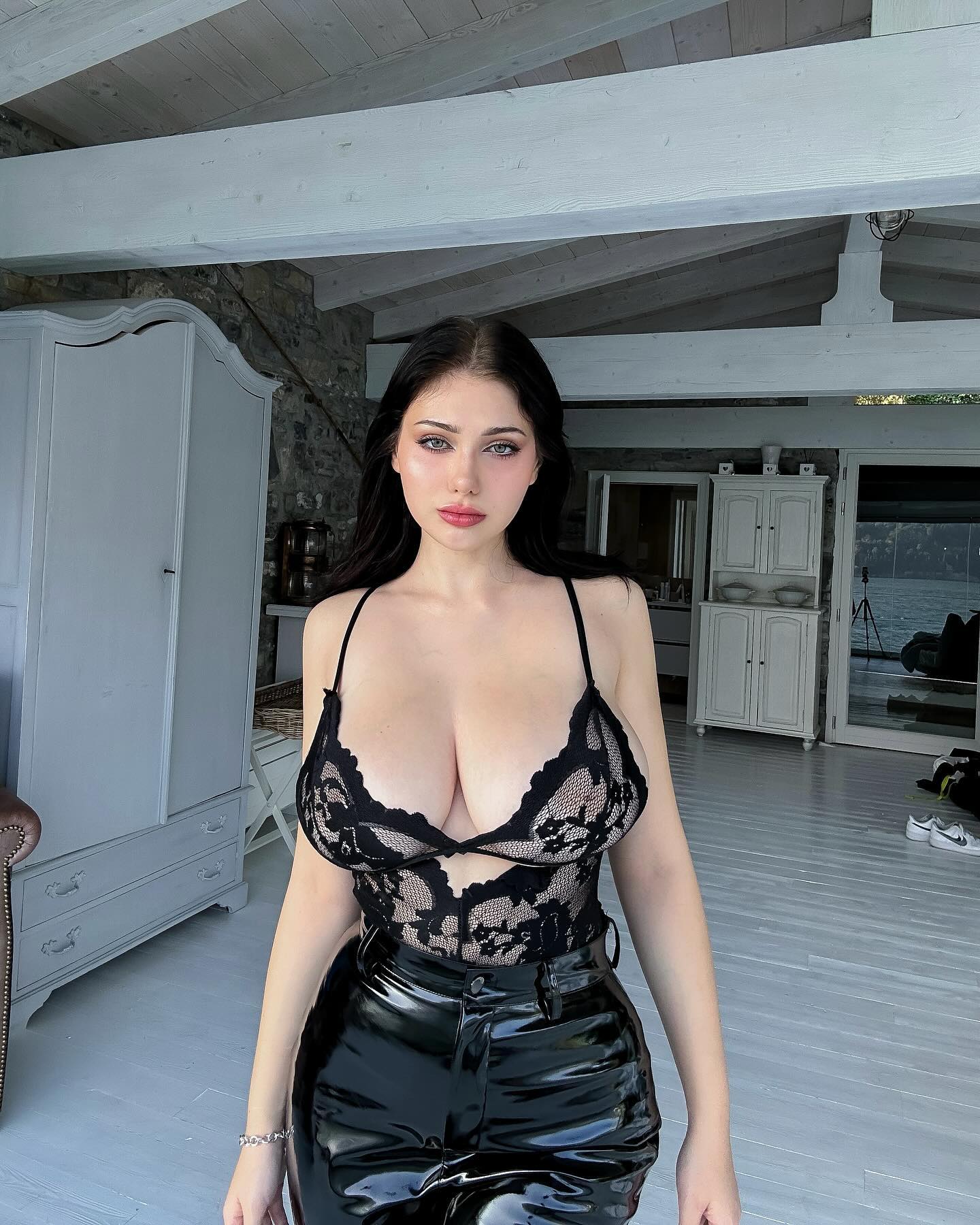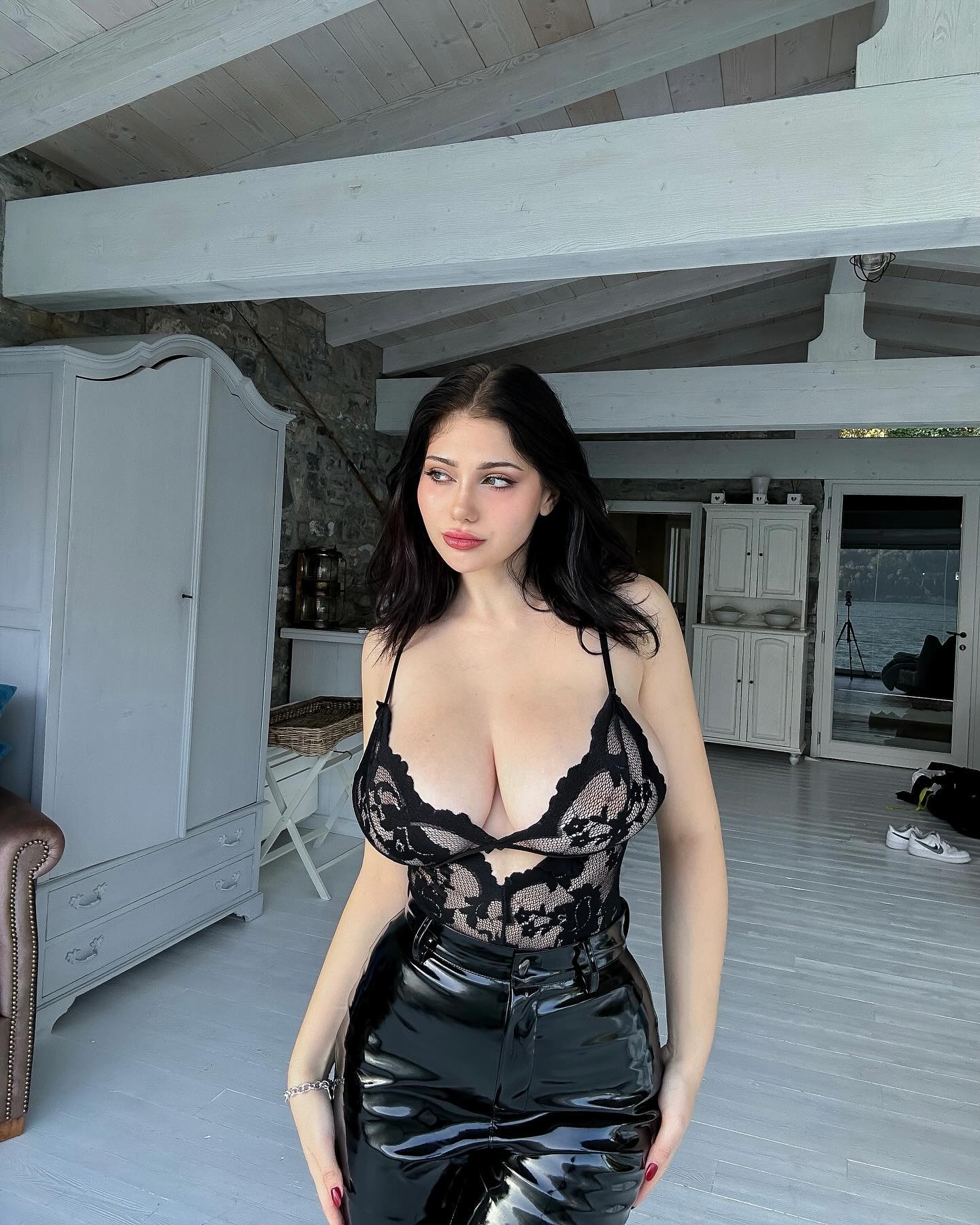In the vast realm of cinematic superheroes, few characters captivate audiences with the same enigmatic allure as the Black Widow. The mysterious Natasha Romanoff, played by Scarlett Johansson in the Marvel Cinematic Universe, has become an iconic figure, not just for her formidable combat skills but also for the compelling complexity she brings to the screen. The character’s magnetic appeal extends beyond the plotlines, evoking a passionate response from several individuals of the male gender.
Natasha Romanoff, also known as Black Widow, is a character shrouded in layers of intrigue and ambiguity. From her elusive past to her unyielding determination, she embodies a blend of strength, intelligence, and vulnerability that transcends traditional superhero archetypes. The juxtaposition of her lethal combat prowess with moments of emotional depth creates a character that resonates with a broad audience.
Male viewers, in particular, have found themselves drawn to the Black Widow character for a myriad of reasons. Some are captivated by her physical prowess, admiring the agility and combat skills she displays in intense action sequences. The character’s ability to hold her own alongside superhuman counterparts in the Avengers lineup adds an element of empowerment that resonates with fans.
Beyond the physicality, it’s the emotional complexity of Black Widow that strikes a chord with male viewers. Natasha Romanoff’s journey, marked by a past haunted by redemptive actions, showcases vulnerability and strength in equal measure. Her resilience in the face of adversity and her commitment to doing what is right, even when faced with personal struggles, creates a relatability that transcends gender.
Scarlett Johansson’s portrayal of Black Widow deserves credit for bringing depth and nuance to the character. Her performance goes beyond the superficial, delving into the emotional intricacies that make Natasha Romanoff a multi-dimensional and compelling figure. Johansson’s ability to convey vulnerability and strength with equal finesse has undoubtedly contributed to the character’s universal appeal.
The Black Widow character has become a symbol of empowerment for both male and female viewers alike. Her presence on screen challenges traditional gender stereotypes, showcasing that strength, intelligence, and emotional depth are not confined to one gender. This progressive representation resonates with a modern audience that seeks authentic and diverse portrayals in the superhero genre.
As the Marvel Cinematic Universe continues to evolve, the Black Widow character remains a central figure, and anticipation for the standalone film dedicated to Natasha Romanoff’s story is palpable. The passionate response from several individuals of the male gender attests to the enduring allure and universal appeal of Black Widow, proving that, in the realm of superheroes, complex and empowered characters resonate with audiences regardless of gender.



